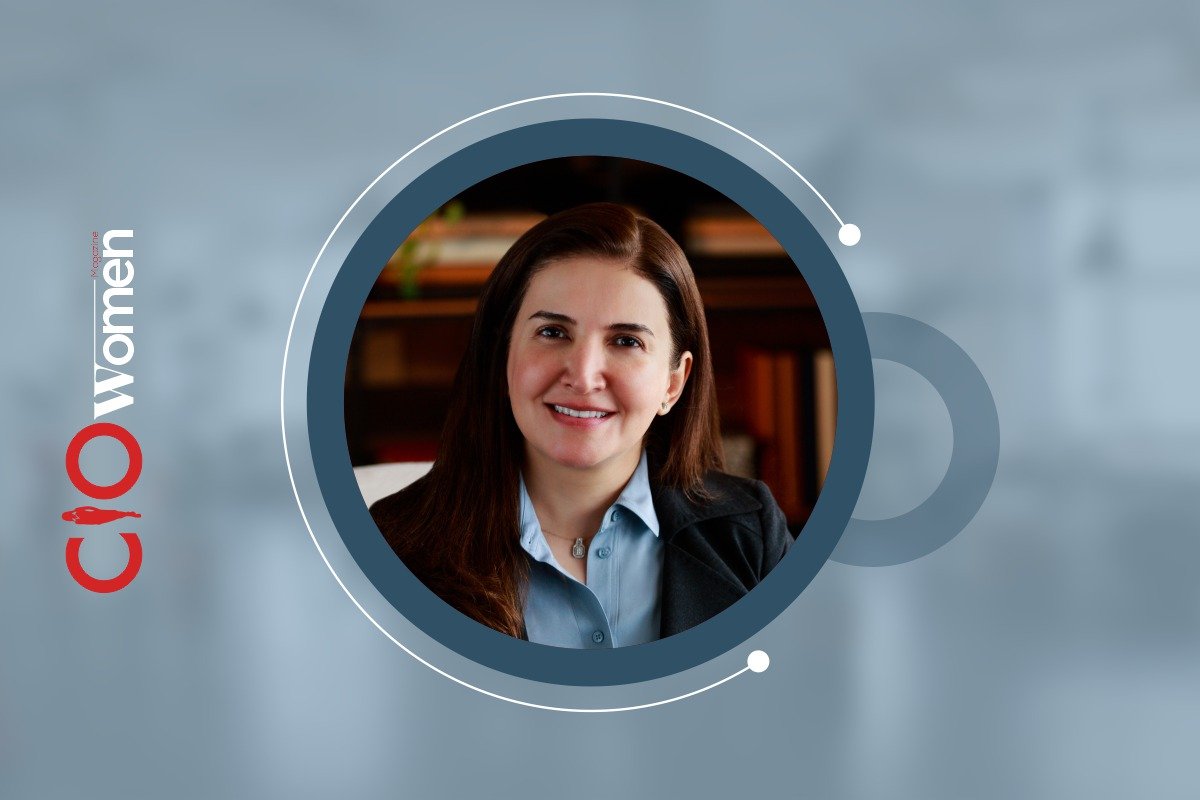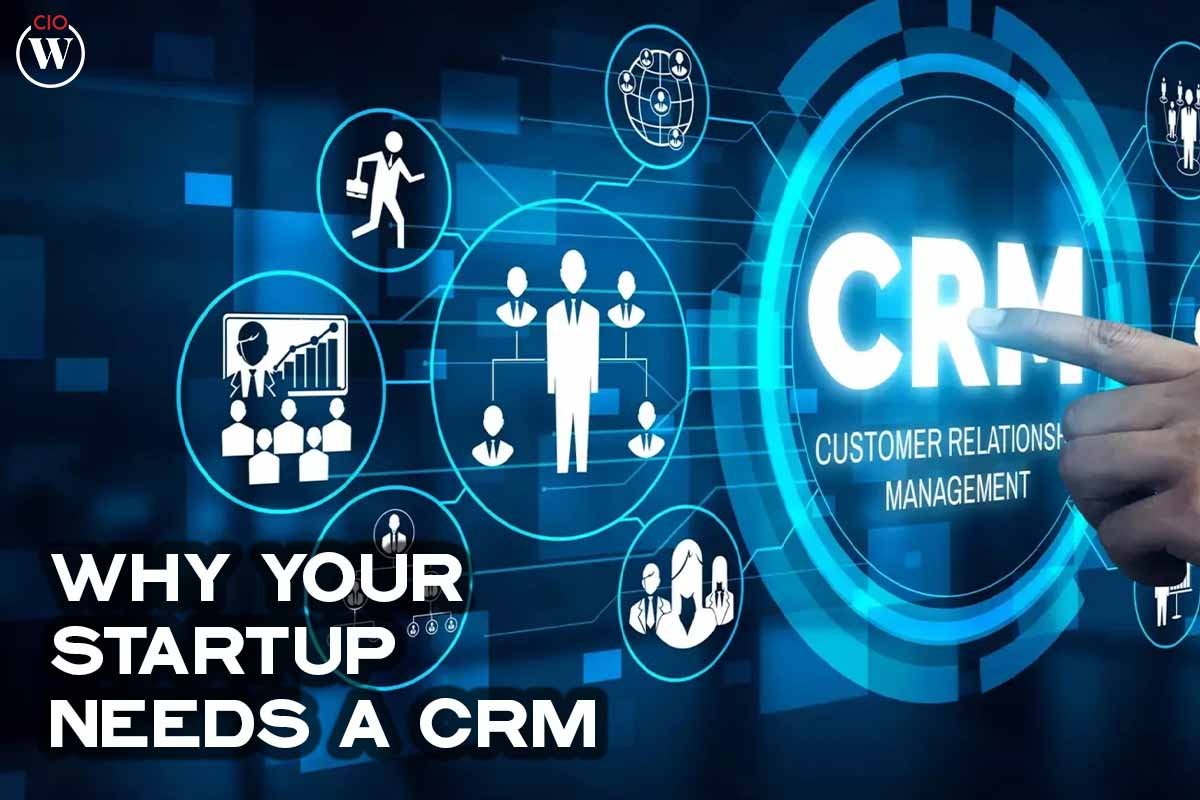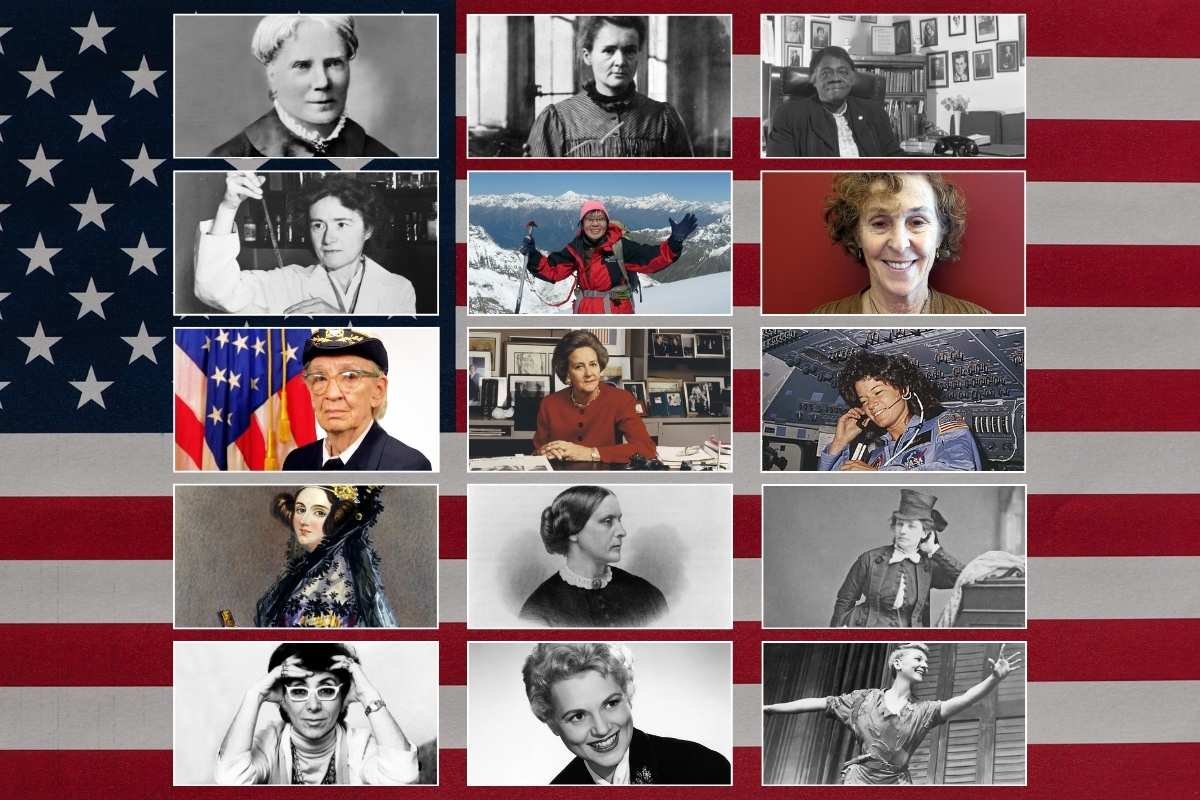The Middle East and North Africa region (MENA) is rich and complex, with various investment opportunities and the potential for stronger and faster growth despite being impacted by economic and political challenges. This vast region connects three continents Asia, Europe and Africa. A favorable geographic location with access to sizable markets, a young educated population, and competitive advantages in logistics and a number of industries, including manufacturing, renewable energy, and tourism, are all advantages that the region enjoys.
Enabling corporations to enter the MENA market successfully and sustain their operations in the host country takes a person of immense knowledge and determination. Featuring for CIO Women’s special edition is one such leader who is helping companies prosper in the MENA region.
In this interview, let us know more about Ghaidaa Hetou’s (CEO), iStrategic LLC, journey.
What inspired you to direct your journey in this particular field?
I was always fascinated by the intersection of politics, economics and security in the Middle East and North Africa region (MENA). While MENA is rich with an exceptional history and culture, it also suffers from uneven political and economic instability. The geopolitics of MENA, it’s geographic location linking three continents, makes it indispensable and crucial for the global energy market, maritime trade and international commerce. Hence, understanding the political context of a host country in MENA is quintessential for international corporations, governments, and NGOs. Illuminating political risk reduces uncertainty and enables corporations to deal with contingencies as they develop, well before potential harm materializes.
Please walk us through your professional and academic background.
At iStrategic we have over a decade experience in providing political risk analysis and corporate intelligence. Our services are offered to international corporations who are interested in the MENA market. I have a bachelor’s degree in Economics, two masters, one in Economics and one in Global Affairs, and a PhD in Political Science specializing in MENA. I teach political risk analysis to master students at Rutgers University in the United States. I speak three languages fluently, English, Arabic and German. iStrategic associates speak in addition to Arabic: Farsi, Hebrew, Kurdish, Turkish, and French. iStrategic associates are located in MENA and specialize in data analysis, OSINT, and risk assessment.
With the years of expertise, you bring to the table, what are your future plans?
Future plans include expanding our services to South Asia and including affiliates proficient in the culture, socio-economics, politics, and languages of that important region. The proximity to MENA, in addition to great power competition between China and the United States, makes South Asia an indispensable part of the geopolitical puzzle that will shape the world of international trade and FDI for years to come.
A word for budding entrepreneurs?
Believe in your idea and bring people on board who understand your vision and are able to help steer the ship forward.
If your life story was a book, what would it be called, and why?
I would call it Clarity. Clarity of purpose and clarity of priorities really comes with years of experience. I think clarity is the joyous fruit of wisdom. Both clarity and wisdom are ideals worth striving for.
How has your education helped you to shape your enterprise?
Education is key. It is key to understanding and connecting. Understanding how the world works from an economic and political angle created for me a comprehensive and nuanced realization that everything is connected. An economic disruption for example will invariably have political and social ripple effects and vice versa. Any political or economic disruption had its earlier warning signs, and Context Intelligence is about catching the warning signs that have the potential of becoming harmful to the operational environment for corporations. Context Intelligence is what we do at iStrategic.
How have your personal life experiences influenced the entrepreneur in you?
I had the good fortune of living in many parts of the world, in the Middle East, Europe and the United States for extended periods of time, in addition to traveling all over the world. I accumulated deep appreciation for different cultures and the unique sense of national identity I encountered in different countries. Moving from one place to another amplifies the builder in you. You are consistently in the mode of building new relations, earning respect and forging a path forward. Building and creating something, a company for example, is a natural extension of this disposition.
Looking back, what advice would you give to your younger self?
I’m the oldest of five, so naturally I shouldered more responsibilities, and with taking on responsibilities at a young age comes a heightened self-awareness to do things right. I would tell my younger self to be kinder to self, and know that time is a great ally.
What was the one advice that has had an impact on your leadership?
There is always space for more kindness but there is zero space for incompetence.
When was the iStrategic incepted?
iStrategic was founded in October 2013.
What was the vision of iStrategic when you started?
To support and advise international corporations as they approach the MENA market. Political risk analysis in the respective MENA country reduces uncertainty and increases corporate capability to anticipate, plan, manage, and deal with future developments. The long-term success and sustainable operations and expansions within MENA depends on understanding the future trajectory of the political environment, that is why political risk analysis and context intelligence is a crucial part of seizing opportunities and sustaining operations in the MENA region.
What is the range of your services?
Services we offer include private on-site consultations, risk assessment reports, executive outlook seminars, training, risk monitoring and risk management. Building sustained presence and growing in a new host country is not a minor task. iStrategic builds relations and help corporations build their long-term relations in the MENA region.
What are the main issues in MENA for corporations at the moment?
The legal and regulatory environment is developing and changing in many MENA countries, hence consistent monitoring and updating is vital. In addition to political instability and spill-over effects from countries going through civil war. There is increased interest the potential of infrastructure expansions across the region as part of localized 2030/2050 visions and its integration in China’s BRI. Gulf countries and Egypt made significant advancements in this regard.
What has changed in the MENA region in the past 10 years?
There was and is uneven political turmoil in some parts of MENA and there is on the other hand significant economic development in some MENA countries that is rivaling the economic environment and living standards of advanced nations. This region is very diverse, with ample potential and ripe opportunities. Far from being bound by the oil-defense industry nexus, this region is expanding in the renewable energy market, digitizing governance, and developing its infrastructure. Not to mention that part of the China-US rivalry will play out in MENA with direct and indirect implications for international corporations.
What is the reason behind iStrategic’s long-standing success?
Delivering value and exceeding expectations with integrity.
Post-pandemic, how has the era of entrepreneurship changed?
I have always embraced virtual communication and remote work, in addition to face-face meetings. I believe that the virtual space is an integral part of future corporate culture and is here to stay. That shift to virtual communication also opened the space for entrepreneurs all over the world and afforded them access to funding and market venues that were deemed exclusive or faraway before.
The post-pandemic era democratized access and funding for many entrepreneurs. I understand that this does not apply across the board, but for certain segments of previously marginalized creative communities, the prominence of virtual communication made a qualitative difference.









